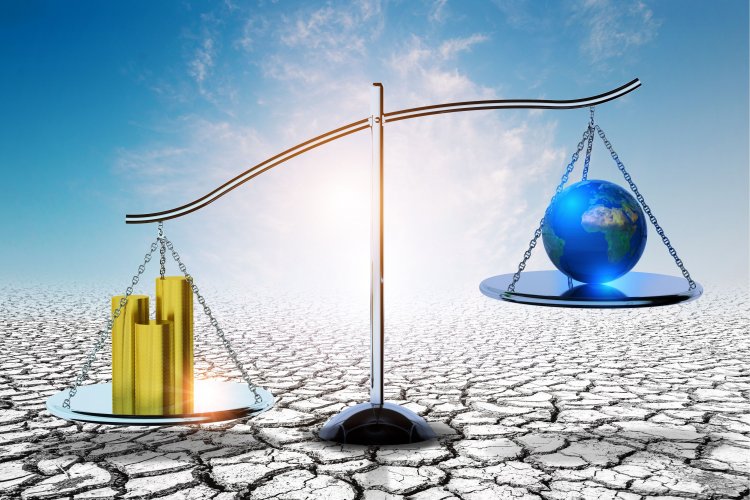Economists at the COP29 Conference of the Parties in Baku have called for at least $1 trillion a year for a decade for poorer countries to cope with climate change.
This was reported by Reuters.
The report of the High-Level Independent Expert Group on Climate Finance says that the target annual figure should increase to at least $1.3 trillion a year by 2035 if countries do not act immediately.
“Any shortfall in investment by 2030 will put additional pressure on the years ahead, creating a steeper and potentially more expensive path to climate stability,” the experts say in their report.
The 10 largest multilateral development banks, including the World Bank, have announced that they plan to increase their climate finance by about 60% to $120 billion a year by 2030. At least $65 billion will come from the private sector.
Zakir Nuriev, chairman of the Association of Banks of Azerbaijan, said at COP29 that the country's 22 banks will allocate almost $1.2 billion to finance projects that will help Azerbaijan transition to a low-carbon economy.
More differences than unity
The agency's journalists noted that the conference, which many world leaders decided to skip altogether, is marked by more disagreements than unity. They say Donald Trump's presidential victory has cast doubt on the future role of the United States in climate talks, and "tensions between developed and developing countries have come to the surface on the main stages and in the negotiating rooms."
Adding to the tension is the fact that the previous financial target of $100 billion a year, which expires in 2025, was reached two years late in 2022. In addition, much of the funds have been provided in the form of loans rather than grants, and recipient countries believe that this situation needs to change.
"Parties should remember that time is running out. They should use this precious time to talk to each other directly and take responsibility for finding compromise solutions," Yalchyn Rafiev, the lead COP29 negotiator, said at the press conference.
Earlier, EcoPolitic already talked about disappointing forecasts in the report of scientists at the UN Conference on Climate Change in Baku, who warn that in 2024 global carbon emissions will hit again record.





